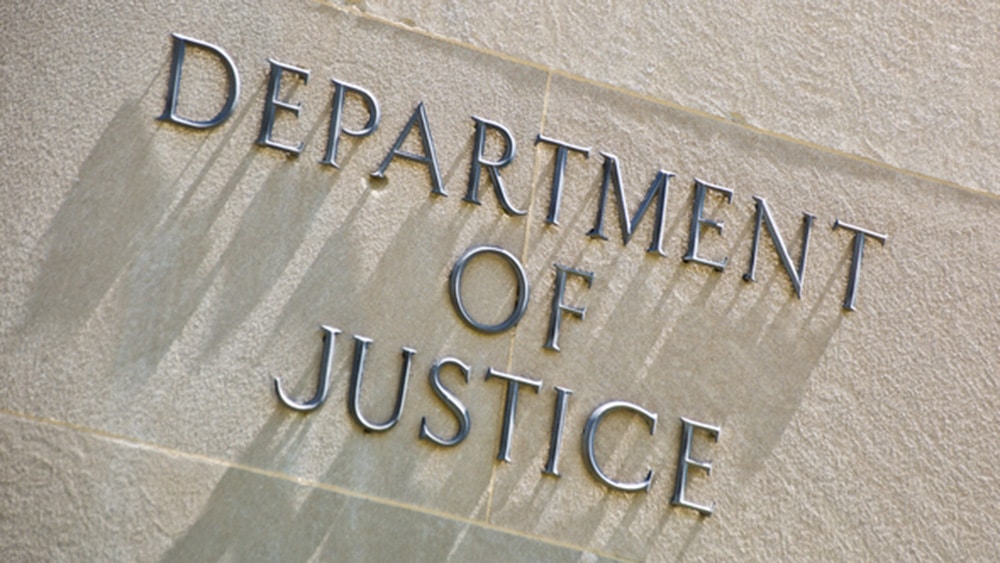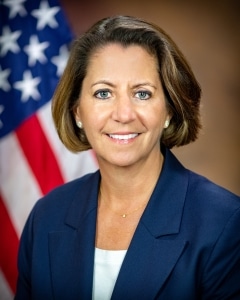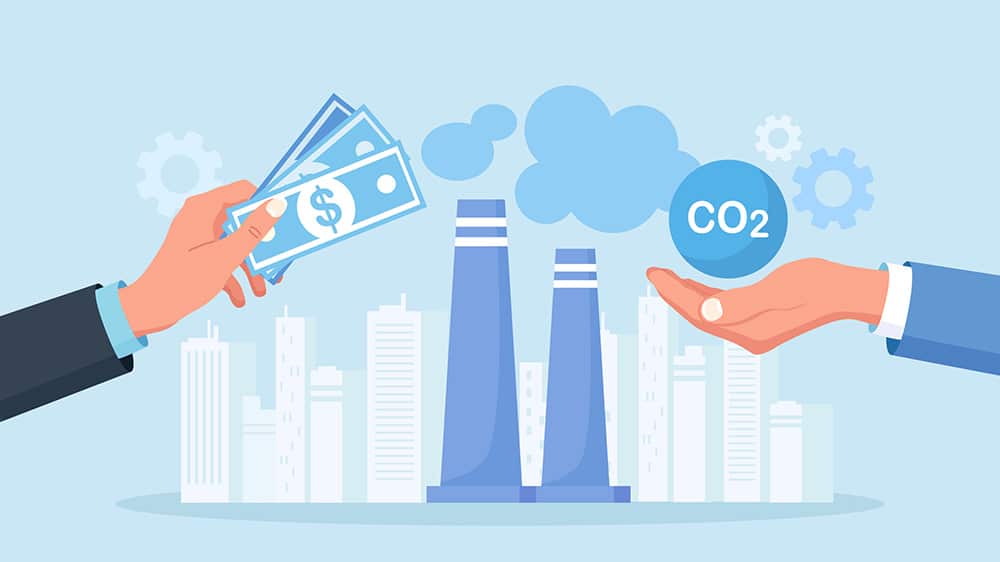June 13, 2025

This information is provided for educational purposes only by Kohn, Kohn & Colapinto and does not constitute legal advice. No attorney-client relationship is created by accessing this content. Laws and regulations may change, and this material may not reflect the most current legal developments. If you believe you have a whistleblower claim, consult a qualified attorney to discuss your specific circumstances.
On March 7, Deputy Attorney General (DAG) Lisa Monaco announced a 90-day sprint to develop a whistleblower award program at the U.S. Department of Justice (DOJ). Monaco made the announcement during her keynote remarks at the American Bar Association’s 39th National Institute on White Collar Crime:

“[W]e’re planning something new: a DOJ-run whistleblower rewards program. Today, we’re launching a 90-day sprint to develop and implement a pilot program, with a formal start date later this year.”
Lisa O. Monaco
Deputy Attorney General
While other whistleblower award programs, such as the SEC Whistleblower Program, were established through a combination of legislation and formal rulemakings, the DOJ Whistleblower Program is to be established through this 90-day policy sprint.
This approach affords the DOJ a lot of discretion in the elements it chooses to incorporate into the program. The 90 day policy sprint will thus largely determine the shape the DOJ Whistleblower Program will take, and thus determine the overall effectiveness of the program.
What Is the 90-day Policy Sprint?
On March 8, Acting Assistant Attorney General Nicole M. Argentieri explained the concept of the 90-day policy sprint:
“The whole point of the DAG’s 90-day ‘policy sprint’ is to gather information, consult with stakeholders, and design a thoughtful, well-informed program.”
Since the 90 day policy sprint got underway, DOJ officials have held “listening sessions” with different stakeholders, including whistleblower advocates, to gain insights into what makes whistleblower programs work well.
At the conclusion of the 90-day policy sprint, the DOJ is expected to release the details of the DOJ Whistleblower Program, including how whistleblower awards will be determined, the criteria to be eligible for awards and how whistleblowers can make disclosures through the program.
The 90-day policy sprint is not a formal rulemaking proccess, thus the DOJ will not need to publish proposed policies in the Federal Registrar and hold a public comment period. Likewise the 90-day deadline is a self-imposed deadline.
What Inspired the DOJ Whistleblower Program?
In announcing the program, the DAG revealed that the DOJ is inspired by the immense success of the United States’ other established whistleblower programs, including those administered by the SEC, CFTC, IRS and FinCEN. Whistleblower award programs have revolutionized enforcement efforts for those agencies, by incentivizing insiders to come forward and disclose high-quality information about hard-to-detect wrongdoing.
In her speech, Monaco was clear that the DOJ understands the power of monetary whistleblower awards to incentivize whistleblowers:
“[W]e recognized there’s another way we can encourage individuals to report misconduct: by rewarding whistleblowers. And how do we do that? Money.”
She highlighted the success of other whistleblower programs and explained that the DOJ was looking to create a program to cover corporate misconduct not covered by those programs:
“Ever since Dodd-Frank created whistleblower programs at the SEC and the CFTC, those agencies have received thousands of tips, paid out many hundreds of millions of dollars, and disgorged billions in ill-gotten gains from corporate bad actors,” Monaco stated.
“Yet both programs, and similar ones at IRS and FinCEN — by their very nature — are limited in scope,” she continued. “They only cover misconduct within their agencies’ jurisdictions. And qui tam actions, which offer their own whistleblowing incentives, are only available for fraud against the government.”
“These programs have proven indispensable — but they resemble a patchwork quilt that doesn’t cover the whole bed. They simply don’t address the full range of corporate and financial misconduct that the Department prosecutes.”
“So, we are filling these gaps.”
What Will the DOJ Whistleblower Program Cover?
According to the DAG, while the DOJ will “always accept information about violations of any federal law” there are certain areas where the Justice Department is most interested in receiving information through its new whistleblower program.
These include:
- Criminal abuses of the U.S. financial system;
- Foreign corruption cases outside the jurisdiction of the SEC, including FCPA violations by non-issuers and violations of the recently enacted Foreign Extortion Prevention Act; and
- Domestic corruption cases, especially involving illegal corporate payments to government officials.
Overall, the DOJ Whistleblower Program will look to cover corporate misconduct not covered under existing whistleblower programs operated by other federal agencies.
What Needs to Happen to Make the DOJ Whistleblower Program a Success?
In announcing the DOJ’s 90-day policy sprint, the DAG stated that other whistleblower programs “have proven indispensable.” The history of these programs showcases what elements have made them “indispensable” and are key to their success.
Leading whistleblower attorney Stephen M. Kohn of Kohn, Kohn & Colapinto recently published a paper “Why Whistleblowing Works: A New Look at the Economic Theory of Crime” detailing the key aspects of succesful whistleblower programs based on empirical evidence and legislative history.
Kohn and other whistleblower advocates are calling on the DOJ to incorporate the best-practices which are found in the Dodd-Frank whistleblower programs. These include:
- Mandatory Awards of 10-30% of Proceeds Collected
- Anonymous and Confidential Reporting Channels
- Dedicated Whistleblower Office
- Eligibility Requirements which Match the SEC Whistleblower Program
“Over the past few decades, modern whistleblower award programs have radically altered the ability of numerous U.S. agencies to crack down on white-collar crime,” Kohn recently wrote. “This year, the DOJ may be joining their ranks, if it incorporates the key elements of successful whistleblower programs into the program it is developing.”
Former SEC Commissioner Allison Herren Lee, now Of Counsel at Kohn, Kohn & Colapinto, also wrote an article calling on the DOJ to follow the model of the SEC Whistleblower Program and to incorporate these elements.
How Do I Blow the Whistle under the DOJ Whistleblower Program
The DOJ has yet to announce or establish official channels to blow the whistle under the DOJ Whistleblower Program. Before contacting the DOJ, individuals should consult with an experienced whistleblower attorney to ensure that their disclosure is made to the proper authority in the safest manner possible.
Our Firm’s Cases

Environment & Human Rights Violations Exposed
Oil industry’s environmental crimes and cover-up in Colombia have been exposed. Whistleblower Andrés Olarte Peña, with the support of his attorneys Kohn, Kohn & Colapinto and the damning evidence compiled in the Iguana Papers, is calling for an investigation into Ecopetrol and its executives by the Colombian government and the U.S. Securities and Exchange Commission.

$30 Million Award
Protecting the confidentiality of Wall Street whistleblowers is among the most important breakthroughs in federal whistleblower law. Under the Dodd-Frank Act, whistleblowers can file anonymous cases, and everything about their case, including who they sued, remains secret.

$13.5 Million Award
Our firm represented an anonymous whistleblower, who on May 17, 2021, received a whistleblower award of almost $13.5 million. The SEC has issued more than $31 million in whistleblower awards related to this case.
Relevant FAQs
Latest News
February 16, 2026
January 27, 2026





